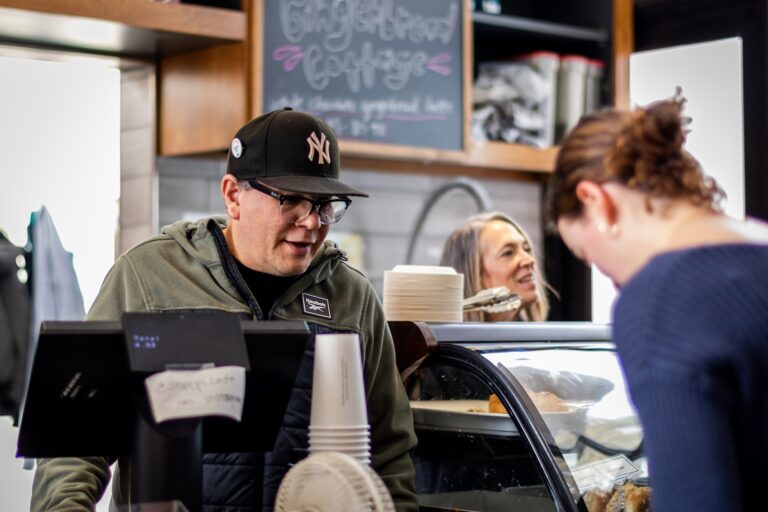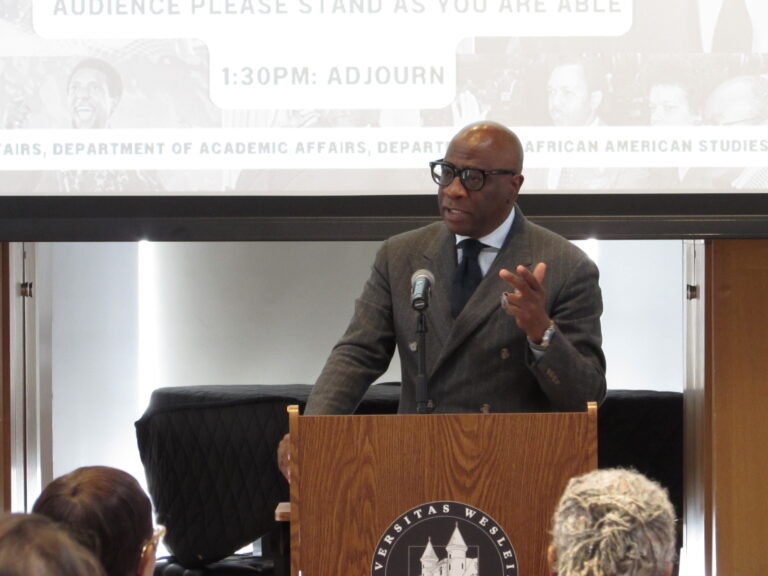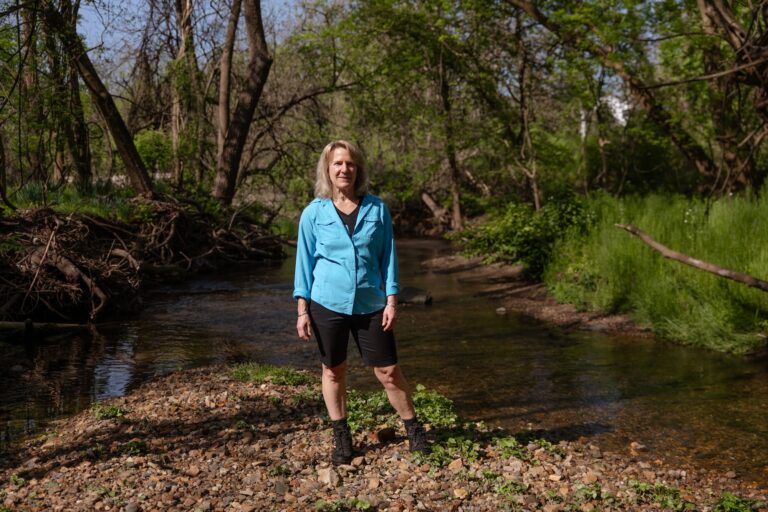Students Return With 11 Forums, Ranging From Yemeni Politics to Critical Texan Perspectives
This fall, students will lead 11 student forums, small courses that students design and teach. Each semester, forum leaders come up with an idea, seek faculty sponsorship and approval from the department chair, create a curriculum, and then conduct a class.
This semester, Thafir Elzofri ’19, who co-leads the Middle Eastern Student Union, will lead a forum in Yemeni politics. The forum will be a deep-dive into the history of Yemen followed by its social, foreign, and local policies.
“I’m Yemeni,” he said.“I think to my knowledge I’m the only Yemeni on campus. I would talk even with my Middle Eastern friends who are international students and a lot of them are unaware of what’s going on even though our countries are the ones involved…that was an interesting moment…it just became apparent that this is obviously not in the news.”
Elzofri is excited specifically for the U.S. foreign policy discussion in his forum. Working together with his advisor, he is trying to get many different perspectives in the room.
“Over the summer, I reached out to a government official in Congress to Skype into the course,” he said. “Currently he’s the only person in Congress kind of speaking about Yemen and kind of U.S. involvement in Yemen so it’d be really great to have his insight into the course.”
Elzofri spoke of the nervousness that comes with the prospect of leading a class.
“I am Yemeni so I’ve had that lived experience, but I don’t know everything about the history of it,” he said. “But I met with my advisor and she said ‘You’re not a professor. You’re not going to know everything and it’s not expected for you to know everything. Think of yourself as a moderator of a huge discussion or a discussion that’ll last 12 weeks.’”
Nick Yeager ’19, an Austin native who will lead “Critical Perspectives on Texas” this fall, spoke of anticipating similar challenges.
“I worry it might be a challenge to have this level of leadership—professors have to know how to facilitate discussion very well to be successful,” he said. “I’m hoping that in a room full of my peers at Wesleyan, I can encourage people to speak up about the knowledge they might already have about social justice issues, histories of oppression, and regional identities.”
Yeager’s forum will focus on the unique history of Texas including colonization and modern-day political and social issues.
“By looking at Texas as a case study, we can learn a great deal about issues in the U.S. more broadly,” he wrote. “With its changing racial demographics, its enormous, hypercapitalistic economy, and its outstanding political influence (with such a high number of electoral votes), Texas will play a big role in America’s future.”
Yeager decided to lead a forum because he’s tentatively interested in becoming a teacher or professor.
“I chose this topic first of all because I’m from Austin, Texas and I love my home,” he wrote. “But Texas’ specific cultural identity is fascinating to me, and the real issues facing my state, which often trouble that image of a white male cowboy alone on the plains, are so thought-provoking. Given that 80% of Texans now live in cities, and it’s very close to reaching majority-minority status. It’s clear that the image we have of a ‘Texan’ is restrictive and lopsided.”
Sarah Padgett ’19, who will co-lead a half-credit forum called “Cliteracy: An Interdisciplinary Exploration of the Vaginal-Clitoral Orgasm,” was motivated to start her own forum after taking a similar one titled “Clitorally.” Padgett wrote of feeling empowered by the class discussions of this forum and wanting to foster a similar environment.
“I think it’s especially important to talk about the vaginal-clitoral orgasm in an academic setting because, being a taboo subject, vaginal-clitoral orgasms are rarely the focus of scientific studies, and even when they are, the studies’ findings don’t typically become widespread knowledge,” she wrote. “By studying the vaginal-clitoral orgasm through various academic lenses, we hope to help destigmatize discussions about orgasm that can make sexual interactions safer and more enjoyable for everyone.”
Sam Anschell ’19 will lead a forum titled “Advanced Game Theory Through the Lens of No-Limit Texas Hold’em.” Anschell picked poker strategy as a topic because to him, it is a skill that is intriguing, practical, and in high demand. Last semester, over 60 students were interested in enrolling.
“While [No Limits Hold’em] isn’t a completely ‘solved’ game yet, there are many situations where all of the world’s best poker pros unanimously agree that a certain play is a dominating strategy due to a general concept,” he wrote. “In addition to a review of game theory and an exhaustive study of poker strategy, the forum includes poker lifestyle, brain-stretching thought puzzles, and an end-of-semester charity poker tournament.”
When Anschell led his tutorial in the spring, he strived for a discussion-based environment. He lectured but also enjoyed being interrupted with questions and observations.
“It’s critical that students understand why certain moves are recommended rather than just memorizing ‘bet x with this hand on this board facing this action,’” he wrote.
Anschell expects his main challenge will be the different levels of poker experience. Concepts like reverse-induction and betting with purpose are eye-opening for new players but less stimulating for veteran ones. Calculating equity against a range and a Nash equilibrium, on the other hand, are important topics for more advanced students. Riddles were one way to provide stimulating content for everyone.
Nikki Pallat ’21 will co-lead a forum this semester about flags. In eighth grade, Pallat memorized all national flags and has enjoyed learning about flags ever since.
“I think people don’t realize how much flags can impact their communities and how much people have an emotional connection to flags,” she said. “A good or bad flag design can have a large effect on people’s lives.”
Pallat’s discussion-based forum will have a different focus each week—from flags of conquest, to flags of fear, to failed flags. She is especially excited to talk about the refugee flag which is a recent design.
“It has already been embraced by many people around the world,” she wrote. “The flag creates a community for people who have had to leave their original communities behind.”
Student forum leaders are hosting information sessions for their courses throughout the drop/add period.
Noa Street-Sachs can be reached at nstreetsachs@wesleyan.edu







Leave a Reply